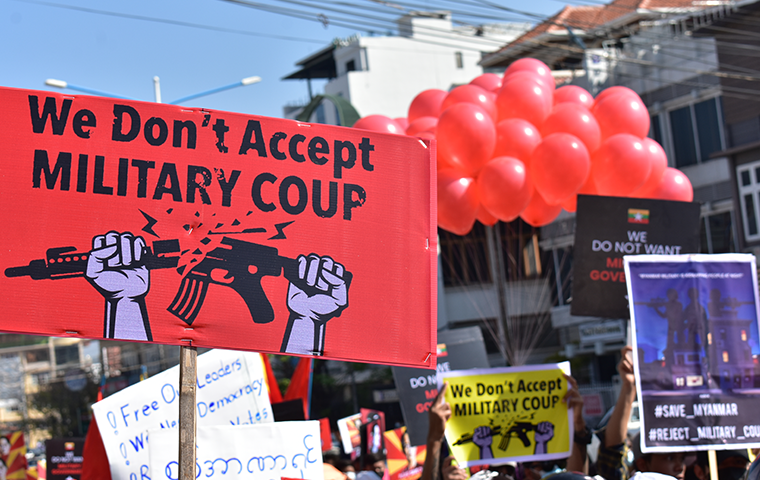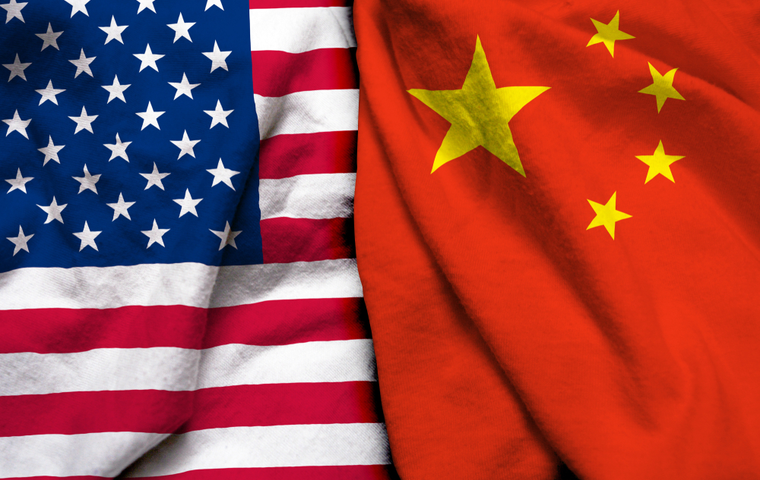Interview with Ambassador Elloumi: TICAD 8 Boosts Japan-Tunisia Relations
Related Articles

The Ambassador to Japan is a one-of-a-kind presence, residing in Japan as the official representative of the country. How does the Ambassador view Japan’s diplomacy? We interviewed the Ambassador of the Republic of Tunisia to Japan, H.E. Mr. Mohamed Elloumi. The country will host the Eighth Tokyo International Conference on African Development (TICAD 8) in August 2022.
(Interview and composition by Yuki Kominami)
– First, could you tell us about the attractions of Tunisia?
Ambassador Elloumi: Tunisia and Japan actually have many things in common. Tunisia faces the Mediterranean Sea, and like Japan, people’s lives are closely tied to the sea. Both countries have a long history, with ours dating back to the city-state of Carthage (which flourished near present-day Tunis from the 9th century B.C.) under General Hannibal, known for the fierce battles against the Roman army, long before the country’s independence in 1956. Reflecting this long history, Tunisia is home to seven World Cultural Heritage sites, attracting many tourists from around the world. The country also has a rich natural environment, and the Ichkeul National Park at the northern tip of Tunisia is designated as a Natural World Heritage site.
Moreover Tunisia is a country where women play an active role, with a female prime minister, Najla Bouden Romdhane. You could say Tunisia is a progressive country in women’s empowerment.
– You have spent approximately nine years in Japan, including your time as the Deputy Counselor at the embassy.
Ambassador Elloumi: In 2011, when the revolution broke out in Tunisia, I was dispatched to Tokyo as the Deputy Counselor. This was the year the Great East Japan Earthquake occurred, and both Tunisia and Japan faced great difficulties.
Yet, because it was a challenging time, it became an opportunity for the two counties to show solidarity. Shortly after the quake, the staff from the Tunisian Embassy visited Ishinomaki City in Miyagi Prefecture to provide food aid. They also took a Tunisian shamisen (traditional Japanese three-stringed instrument) player, who performed for the locals. I remember the then mayor of Ishinomaki saying, “It’s the first time since the quake I saw people smiling.”
I also visited the afflicted areas and saw the scale of the damage. Meanwhile, I was impressed by how the Japanese government, the local governments, and the residents were working together on reconstruction. I believe the international community has a great deal to learn from Japan’s efforts to overcome the tremendous challenges posed by the disaster.
Democracy in Tunisia Will Continue
– Tunisia is said to be a successful example of the Arab Spring’s democratization, yet there have been some concerns since President Kais Saied ousted the prime minister and suspended the parliament in July 2021.
Ambassador Elloumi: The 2011 revolution broke out on the backdrop of: (1) high unemployment rate, especially among the younger generation, and (2) disparity between the coastal and inland regions. After the revolution, the new constitution was enforced in 2014, and in 2015, the National Dialogue Quartet, which contributed to the democratization process, received the Nobel Peace Prize, and Tunisia has made steady progress towards democratization.
However, the problems behind the revolution were not solved entirely, and the COVID pandemic brought further challenges. To rapidly impose necessary measures, such as addressing vaccine shortages, President Kais Saied responded to the people’s expectations by deciding to appoint a new prime minister and suspend the parliament. Of course, the president’s decision is based on the constitution.
Democratization is not a straightforward path and required change of course to meet the people’s expectations. Democracy in Tunisia was irreversible, and people were guaranteed freedom. To let democracy take root, a referendum on constitutional reform was held on July 25, 2022, and parliamentary elections were held on December 17.
– In Libya, Tunisia’s neighbor, the presidential election has been postponed and the unstable political situation continues.
Ambassador Elloumi: Tunisia has strong ties with Libya and is concerned about its domestic situation. For our part, Tunisia calls on all camps within Libya to come to the negotiating table and find a solution for the Libyan people.
Tunisia was a peace-loving nation with a moderate diplomatic policy. As a country on the African continent, we valued the African Union (AU) framework. Tunisia is serving on the UN Security Council from 2022 to 2024. Tunisia also played a role in the peace in the Middle East and supported the two-state solution.
– What is Tunisia’s position concerning the situation in Ukraine?
Ambassador Elloumi: Tunisia voted in favor of the resolution on the situation in Ukraine adopted by the UN General Assembly. All states must abide by international law, and changing the status quo by force is unacceptable. Tunisia believes dialogue is the best means of resolving conflicts and calls for a peaceful resolution. A statement by the Tunisian Foreign Ministry this February also stressed the need for the international community to come together to encourage dialogue to protect civilian lives and peace. We hope this conflict will end as soon as possible.

Japan-Tunisia Relations in New Phase with TICAD 8
– How do you see Japan-Tunisia relations since diplomatic relations were established in 1956?
Ambassador Elloumi: Tunisia established diplomatic relations with Japan soon after its independence and the bilateral relation has continued to develop to this day. Japan has helped Tunisia’s economic and social growth in infrastructure development and other areas. During the recent COVID pandemic, Japan has provided medical equipment and other support to Tunisia. Trade between the two counties is also active and I’m thrilled to see more Tunisian produce such as olive oil, wine, pasta, and tuna in Japan.
– Tunisia hosted the Eighth Tokyo International Conference on African Development (TICAD 8) in August 2022.
Ambassador Elloumi: Back in Tunisia, under the president’s leadership, we worked hard for the preparation. Also, if Prime Minister Fumio Kishida attended TICAD 8, it would have marked the first ever visit to Tunisia by a Japanese prime minister in office. TICAD 8 had undoubtedly been a great opportunity to deepen Japan-Tunisia relations.
For Japanese companies, Tunisia will be a gateway to the African continent. Since Tunisia lacks natural resources, it has been investing in human resources. Therefore, there are many talented young people in the country, and we have the assets for doing business. Furthermore, Tunisia has signed free trade agreements (FTAs) with Europe, many Arab countries, and countries on the west and east sides of the African continent. So, business in Tunisia has the potential to expand not only between Japan and Tunisia but also into third countries. I hope that TICAD 8 was an opportunity for people to know the attraction of Tunisia as a place for conducting business.
– How about the exchanges between the cities and people of the two countries?
Ambassador Elloumi: Since 2004, Seto City in Aichi prefecture and Nabeul in Tunisia have had a sister city relationship. Both are famous for producing pottery and there are active human exchanges. We also have an active relationship with Ishinomaki City in Miyagi Prefecture, which began when a Tunisian student stayed with a host family there in 1992. This led to the aid for the quake disaster I mentioned earlier. At the Tokyo Olympics, the swimmer Ahmed Hafnaoui, who held a pre-games training camp in Ishinomaki City, won the gold medal, symbolizing the friendship between Tunisia and Ishinomaki. Thus, Japan-Tunisia relations are supported not only by the government but also by cities and the people. As the Ambassador to Japan, I also seek to promote further exchanges between the cities and people of both countries.
This is a translation of the Japanese article published in vol. 73, May/June 2022 of the Diplomacy magazine, and revised in April 2023.
Mohamed Elloumi was born in 1973, He graduated from the Carthage High Commercial Studies Institute and the Tunisian Diplomatic Institute for Training and Studies and earned a master’s degree from the International Trade Studies Center in Madrid. After serving as the Counselor at the Embassy of Tunisia in Ottawa, he was Deputy Counselor at the Embassy of Tunisia in Tokyo from 2011 to 2016. He was awarded the Tunisia National Order of Merit in 2013. He has been the Ambassador of Tunisia to Japan since October 2018.




